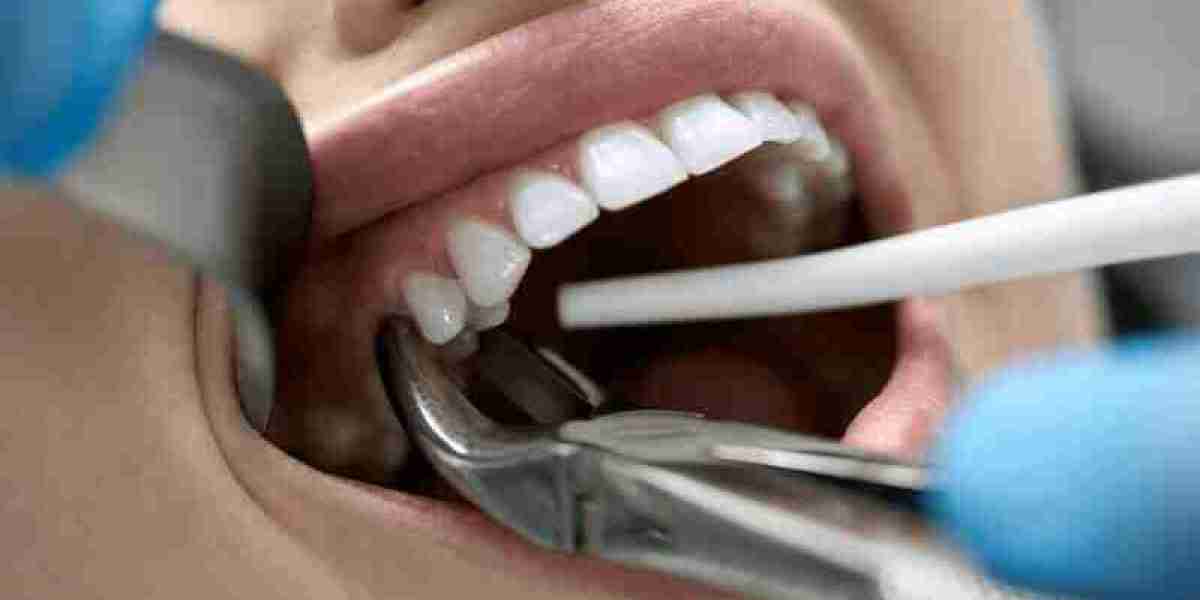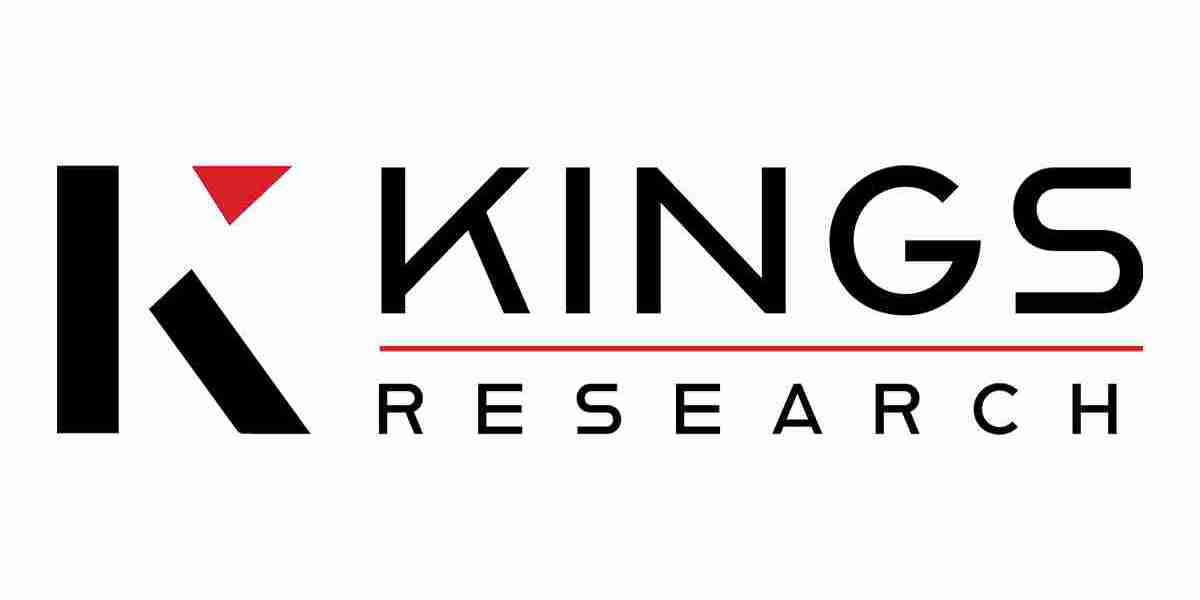If you’re a smoker facing dental surgery, you might be wondering, “Can you smoke after getting a tooth pulled?” The short answer is no—you should not smoke after a Dental Extractions in Dubai. Smoking, whether it’s cigarettes, cigars, or even vaping, can interfere with the healing process and significantly increase the risk of complications such as dry socket. Even though it may be difficult, avoiding smoking after dental surgery is essential for a successful recovery and avoiding unnecessary pain.
Why Smoking Is Harmful After an Extraction?
After a tooth is removed, your body begins forming a protective blood clot at the extraction site. This clot is crucial for proper healing, as it protects the bone and nerve endings underneath. Smoking disrupts this process in several ways:
Nicotine reduces blood flow, which delays healing
Suction from inhaling can dislodge the clot, leading to dry socket
Toxins in tobacco smoke can irritate the wound and increase infection risk
Heat from smoking can aggravate tissue and slow tissue repair
Vaping aerosols and chemicals carry similar risks to traditional smoking
Even one cigarette or vape session in the first 24–72 hours can undo your body’s healing progress and trigger serious pain.
What Is Dry Socket and Why Should You Avoid It?
One of the most painful complications following tooth extraction is dry socket, which is directly linked to smoking. Dry socket happens when the protective blood clot at the extraction site becomes dislodged or fails to form at all. This leaves the nerves and bone exposed, causing intense pain and prolonging recovery. Key symptoms of dry socket include:
Severe throbbing pain that starts a few days after the extraction
Bad breath or a foul taste in the mouth
Visible bone or an empty-looking socket
Radiating pain to the ear or jaw on the same side
Dry socket can delay healing by up to a week or more and may require multiple dental visits for treatment. Avoiding smoking is one of the best ways to prevent this painful condition.
How Long Should You Wait Before Smoking Again?
If you're wondering how long you should wait to smoke after getting a tooth pulled, most dentists recommend waiting at least 72 hours after the extraction. However, longer is always better. To minimize the risk of dry socket and other issues, follow these general guidelines:
Wait a full 3 days (72 hours) before resuming smoking
Consider quitting altogether during recovery for long-term benefits
Ask your dentist if it’s safe to resume smoking based on your specific case
Use nicotine patches or lozenges as an alternative if cravings are strong
Avoid e-cigarettes and vaping, as these can also cause suction and irritation
Quitting or reducing smoking around the time of surgery can dramatically improve healing and overall oral health.
Tips to Protect Your Healing Site If You’re a Smoker:
If you find it extremely difficult to abstain from smoking after an Dental Extractions, there are a few steps you can take to minimize harm—though avoiding it altogether is still the best option. Here’s what might help:
Rinse gently with warm salt water after eating to keep the area clean
Avoid sucking or spitting forcefully for the first few days
Stay well-hydrated to support circulation and healing
Use gauze packs as directed by your dentist to control bleeding
Try nicotine alternatives that don’t require oral suction
Wait as long as possible after surgery before lighting up
While these tips can reduce the risk, they are not foolproof. The longer you can avoid smoking, the better your chances for smooth healing.
Final Thoughts on Smoking After Tooth Extraction:
So, can you smoke after getting a tooth pulled? Technically yes, but it’s strongly discouraged due to the significant risks involved. Smoking after a dental extraction can lead to painful complications like dry socket, delay the healing process, and increase the chance of infection. Ideally, you should refrain from smoking for at least 72 hours, and even better, consider using the opportunity to quit permanently. By avoiding smoking during this critical recovery period, you’re not only protecting your healing gums but also investing in better long-term oral and overall health.




